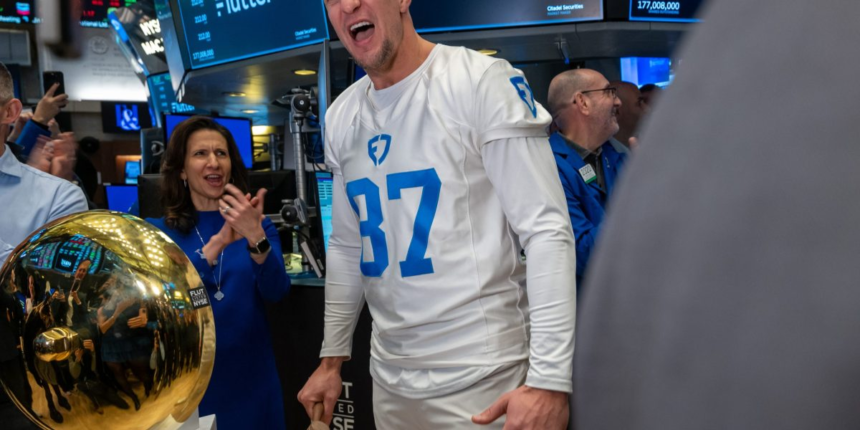The exponentially larger hit from a meager wager is the temptation of a parlay. It’s a type of betting that, instead of requiring a singular win to cash out on a bet, relies on a string of winning scenarios that—while unlikely to all happen—allows winnings to snowball from a two-digit wager to a six-figure payout. The seemingly low-risk, high-reward form of gambling has taken the sports betting world by storm.
“The real appeal of them is the kind of insane payout rate,” Joshua Grubbs, an associate professor at the University of New Mexico who studies gambling addiction, told Fortune. “You see small number, big payoff, which is appealing to people because it sounds like an amazing possibility.”
Moreover, parlay bets are getting more complicated as time goes on, decreasing the chances of winning. In 2020, the most popular parlays had five legs, Rutgers reported. The year before, two-leg parlays were the most popular.
“The notion of a parlay in general is so statistically unlikely to happen that it is one of the surest fire ways for the sportsbooks to just make the money off that,” Grubbs said.
“You’re excited, you’re upset, you’re drinking, and you’re watching a football game, and then you start doing parlays or live bets—I don’t think you’re probably going to make the best decisions,” Kraus said.
“It is creating a culture where it’s just all about money,” he said
Sports betting platforms, for their part, have made moves to put safeguards in place. FanDuel has set up a review system on its platform to look at a user’s hours on the site or language used with customer service teams that could trigger a review, the outcome of which could exclude a player from the platform through a “time-out” or imposing a deposit limit, a spokesperson told Fortune. About 90% of same-game parlays on the platform have a wager of $30 or less and 60% are for $5 or less.
“Our customers understand that these are fun, entertaining bets with a lower likelihood of winning,” the spokesperson said in a statement.
But University of New Mexico professor Grubbs noted that as long as making a wager is as easy as pressing a few buttons on a phone, “there is going to be a lot of potential for things to go sideways.”
“I don’t think these sportsbooks are out there saying, ‘Oh, we need to get people addicted to gambling.’ I don’t think that that’s what they’re trying to do,” Grubbs said. “I think they’re trying to make their product as accessible and appealing as possible, to get as many people involved as possible.
“And what’s the net effect of that? Well, the net effect of that is sports betting has exponentially increased since 2018,” he concluded.









